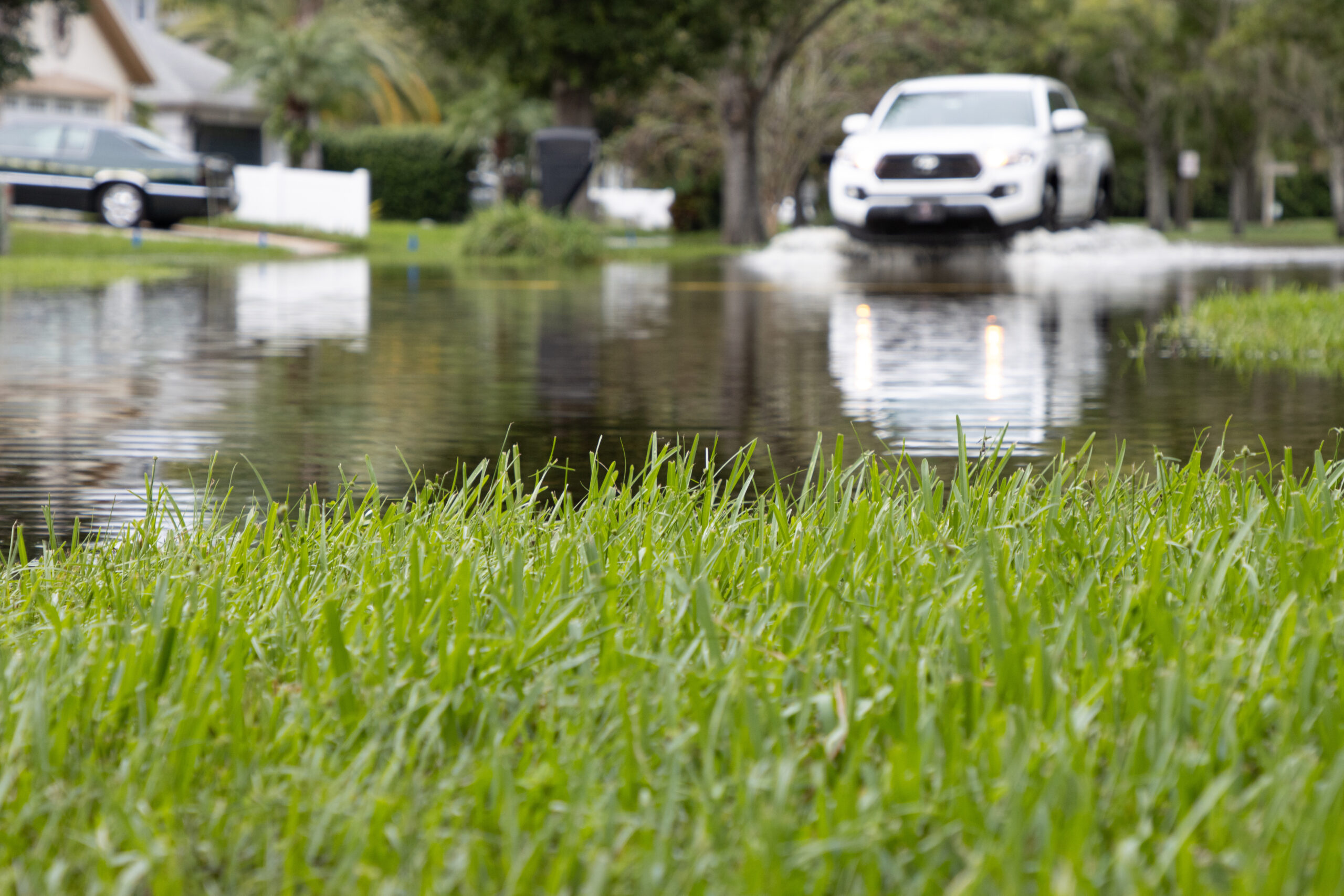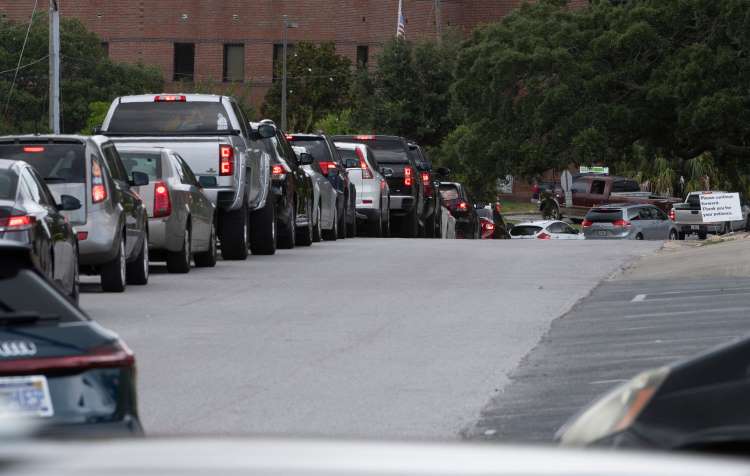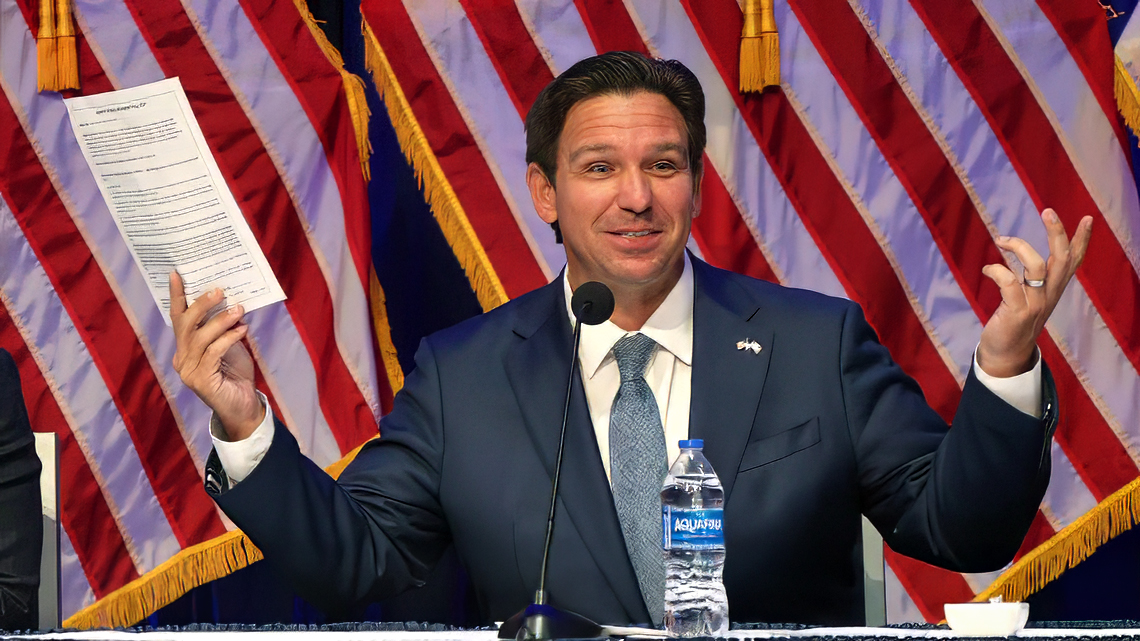State Sen. Nick DiCeglie, an Indian Rocks Beach Republican, and state Rep. Lindsay Cross, a St. Petersburg Democrat, are collaborating on legislation to improve traffic safety and manage vehicle behavior during floods and severe weather.
The lawmakers filed bipartisan legislation (SB 350 and HB 241) prohibiting motorists from driving at high speeds through a flood zone. This proposed law would reduce the number of vehicles creating wakes and exacerbating potential flood damage to homes and businesses.
“I heard from countless residents whose homes were already flooded during Hurricane Helene forced to endure even more flood damage from vehicles driving at high speeds through their neighborhood, causing additional wake,” DiCeglie said. “This is a common-sense fix that will ensure our communities are protected during these extreme weather events.”
Added Cross: “In the aftermath of hurricanes Eta, Debby, Helene and Milton, we need to do everything we can to minimize the impact from flooding to homes and businesses. It’s heartbreaking for neighbors to stand in their doorways, praying that a vehicle driving down their street doesn’t push more water into their homes, destroying their possessions and memories.”
The measures would allow local governments to enact ordinances governing the operation of motor vehicles, boats and other conveyances to limit wake on roadways.
“As a coastal community, it is important to champion initiatives that will aid our public safety officials in keeping our residents and properties safe,” St. Petersburg City Council member Brandi Gabbard said. “By making this change to state statute, it will allow local governments to enact lower speed enforcement during times of street flooding, alleviating undue stress and damage. I am grateful to leaders such as Rep Cross and Sen. DiCeglie for their leadership and their partnership in this effort.”
The need for such measures became painfully evident last year when storm surge from Hurricane Helene caused widespread flooding in the Tampa Bay area, including Pinellas County beaches represented by DiCeglie, and low-lying areas such as Shore Acres in St. Petersburg, which Cross represents. The wake from vehicles zooming through floodwaters can create or worsen flooding to homes, other cars, businesses and infrastructure.
“I want to thank Sen. DiCeglie and Rep. Cross for listening to the people of Shore Acres. Time and time again, we have witnessed reckless drivers plowing through floodwaters, creating a wake that causes millions more in property damage. The community of Shore Acres fully supports this critical legislation,” Shore Acres Civic Association President Kevin Batdorf said.
The measure would also give law enforcement an additional tool for educating the public about safe driving during weather events.
“Residents and business owners shouldn’t have to worry about careless drivers causing additional water damage to their properties as they try to begin the recovery process,” said Pinellas County Sheriff Bob Gualtieri, who added his thanks to DiCeglie and Cross for their “common sense legislation.”
St. Petersburg Police Chief Anthony Holloway similarly celebrated the proposal.
“St. Petersburg Police Department supports the Vehicle Wakes bill, as it empowers communities to better address post-storm flood damage,” he said. “By reducing the destructive impact of vehicle wakes during flooding, this legislation will help protect homes, businesses, and vital infrastructure, ensuring our neighborhoods recover more quickly and effectively after storms.”
Post Views: 0

 Entertainment8 years ago
Entertainment8 years ago
 Entertainment8 years ago
Entertainment8 years ago
 Politics8 years ago
Politics8 years ago
 Tech8 years ago
Tech8 years ago
 Tech8 years ago
Tech8 years ago
 Tech8 years ago
Tech8 years ago
 Politics8 years ago
Politics8 years ago
 Tech8 years ago
Tech8 years ago










